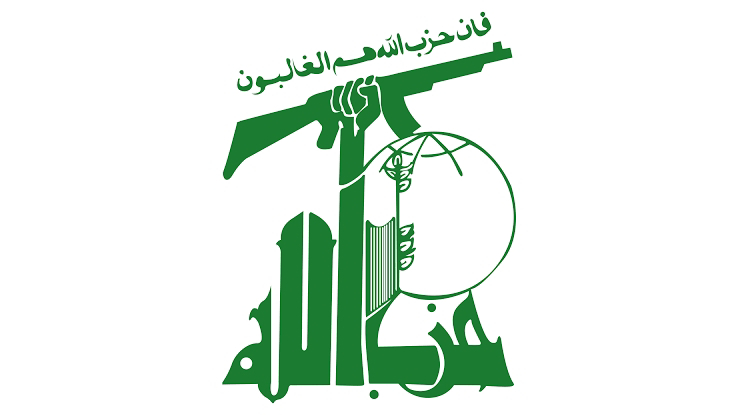Introduction
Hezbollah, a Shia faction from Lebanon is introducing itself to international geopolitics due to its unique philosophy and diverse purposes. Founded during Lebanese Civil War in 1982, Hezbollah has become one of the key players in the region coping change on the Middle Eastern scene ever since. The current article will cover the topic of Hezbollah, its ideology, the goals and its consequences in the region.
Ideological Foundations
Hezbollah’s ideology is based on a Shia Islamic Republic which contains components such as:
Khomeinism: The religious beliefs of Ayatollah Khomeini related to jihad and government based on Islam along with expulsion of all colonial powers.
Shia Islam: As a religious group, Hezbollah adopts Shia Islam which bleeds or sees injustices in the land and pursues peace and equality for Shia people.
Anti-Zionism: A position that resists the legitimacy of Zionism and especially the establishment of Israel and all the injustices done to the Palestinians.
Anti-Imperialism: Opposition to the meddling of America and the West into the affairs of the region.
Primary Goals
Let us summarize then what run the objectives of Hezbollah as follows:
Islamization of the State: Formulating an Iranian styled theocracy of an al-Shiite state in Lebanon.
Dissuading Israeli Settlement: Reoccupying the occupied Lebanese and Palestinian lands.
Lobbying for the Shi’ah: Mobilizing for the protection of the Shia region even and far.
Hegemonic Landscape: Solidifying the power of Hezbollah within the Middle Eastern regional dominance.
Regional Involvement
Aside from Lebanon, Hezbollah has frontlines in the following activities:
Syrian Civil War: Fighting the Sunni insurgents for Bashar al-Assad’s government.
Iraq: Engaging ISIS militarily and changing demographic composition into Shia Islam.
Yemen: Assistance to Houthi rebels against Saudi intervention.
Palestinian Territories: Branded up support for Hamas and the Islamic Resistance Khalid Jihad.
Implications and Challenges
There are, however, inherent challenges posed by the ideology and goals of Hezbollah;
Regional Stability: The military assault from Hezbollah serves to perpetuate sectarian violence and warfare.
Global Security: Its relationship with Iran and its actions as a terrorist group does not help the situation.
Lebanese Politics: The hegemony of Hezbollah undermines the already precarious democracy of Lebanon.
International Sanctions: Threats of sanctions and cuts on aid for supporting terrorist organizations.
Conclusion
It is the clarion call for parties’ engagement and intervention in the dynamics within the region. Language shapes thoughts, Irrational and actionable thoughts ought also to define the violence papers. It is equally critical to note that: Hezbollah appertains to such groups, thereby shifting the focus from malaise of conflicts to its resolution.
The conclusion we can draw by focusing on Hezbollah and its beliefs and objectives as well as the practices of the organization will be an appropriate clue for the comprehensive understanding of Middle Eastern geopolitical and military aspects should be drawn.


Comments
Post a Comment